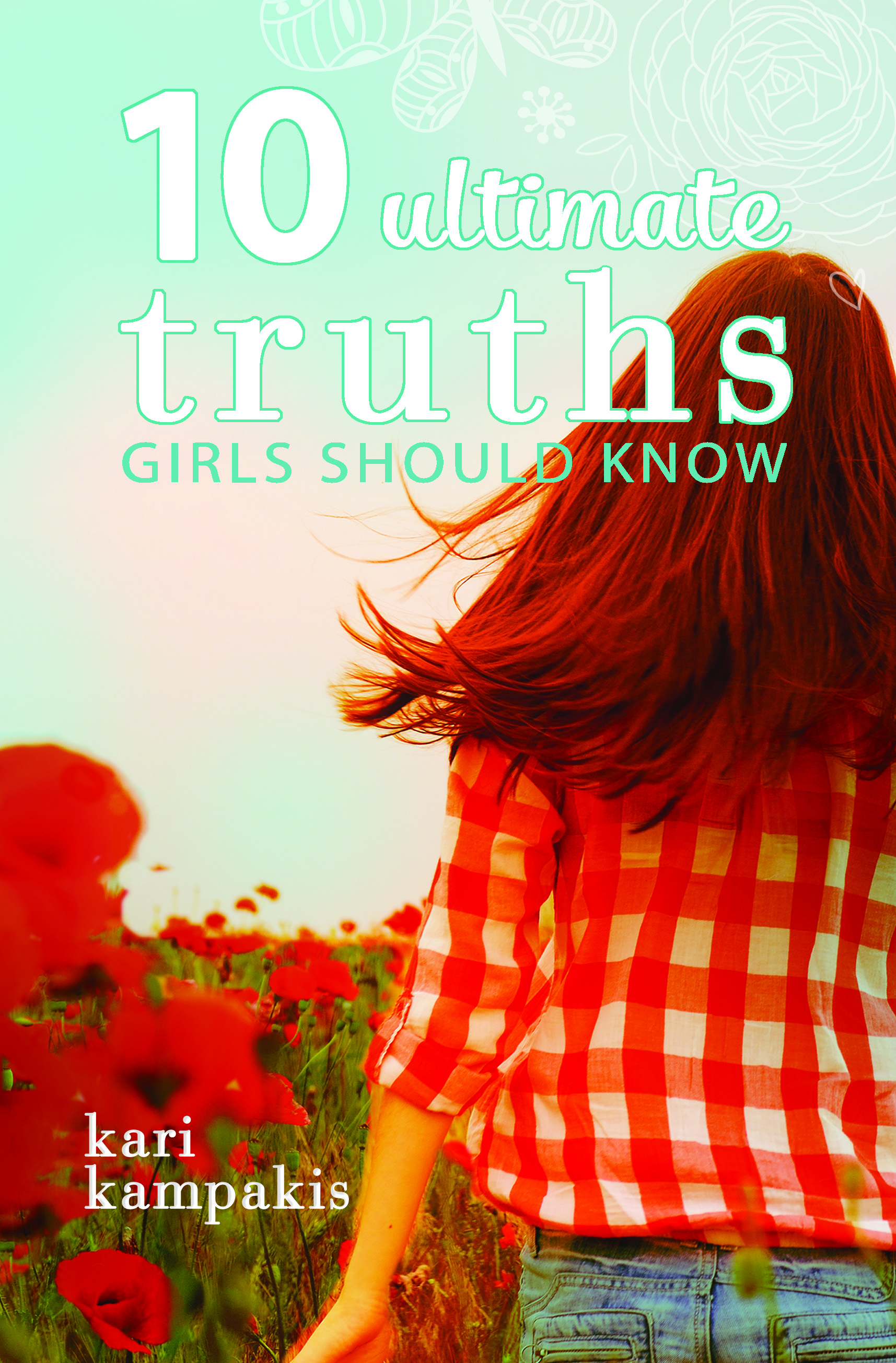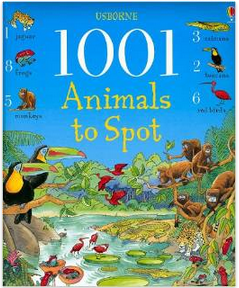Q&A WITH KARI KAMPAKIS
Author: 10 Ultimate Truths Girls Should Know
Question: How did you first get into writing?
Answer: I’ve always enjoyed writing, but 8 years ago, while pregnant with my third child, I quit talking about writing a book and actually started to work on one. I began by writing essays on motherhood, then I spent five years writing three novels, all unpublished. It’s easy to consider all that unpublished work a waste a time, but I don’t see it that way. I needed the practice to hone my writing skills and find a voice that suits me.
Question: How did your original blog post, 10 Truths Young Girls Should Know, turn into a book?
Answer: I published that post in July 2013 on my blog, and immediately it started getting shared all over Facebook and Pinterest. I knew from the emails I got (from moms, dads, and youth pastors) that the message struck a chord. It was two months after all the excitement calmed down, when everyone had moved on to other stories, that I heard from an editor at Thomas Nelson who expressed interest in expanding the post into a book. They wanted the book to release before Christmas, so the whole process - from me writing the book to them launching it - happened quickly and in a year’s time.
Question: If readers were to take away one key lesson from your book, what do you hope it would be?
Answer: The main thing I want my young readers to know is that God loves them, God sees them, and God has a plan for their life. I want them to know there’s more to life than junior high and high school, and by making good choices now, they set themselves up to thrive long-term.
Question: For the moms out there like me, with young girls, what is the most surprising thing we should prepare for in the tween/teenage years?
Answer: The most surprising thing I’ve learned is how early the negative influences start. After talking to parents, school counselors, psychologists, and others who work with adolescents, my eyes have been opened to the hard realities of teen culture today. For our kids to make good choices, we need to prepare them for difficult situations and have some uncomfortable conversations so they don’t enter this world blindly and follow the crowd simply because they’ve never been given alternative options to consider.
Question: Your #1 Lesson is Everything You Need to Find Peace and Happiness is Inside You. How did you teach your girls that truth?
Answer: I try to teach my daughters to trust their instincts. When something feels wrong, there’s a reason. When someone seems untrustworthy, there’s a reason. I’m a big believer in tuning into your conscience and what that inner voice says, because that’s God talking. Even at a young age, kids can understand that when they’re kind to others, it makes them feel good, and when they’re not kind, it creates unrest. The sooner they get a handle on their feelings, and develop some sort of emotional intelligence, the better equipped they’ll be to recognize cues that can help draw them closer to God.
ABOUT THE AUTHOR
Kari Kampakis started her writing career with her first PR job out of college. She began writing fiction novels while pregnant, and played the chicken-and-the egg routine to getting an agent or publisher. Then the door opened when two community newspapers began carrying her column.
In 2013, she re-launched her website and began blogging. Four months later, her first blog post went viral. Titled 10 Truths Young Girls Should Know, it caught the attention of Thomas Nelson, a major Christian publisher, who expressed interest in creating a book. On November 4, 2014, Thomas Nelson released 10 Ultimate Truths Girls Should Know, written for teen and tween girls.
Ella, Sophie, Marie Claire, and Camille are her pride and joy.
Book: 10 ULTIMATE TRUTHS GIRLS SHOULD KNOW
Facebook: Kari Kampakis, Writer
Twitter: @karikampakis
Instagram: karikampakis
Pinterest: Kari Kampakis
BITLY LINKS to books
· Amazon: http://amzn.to/1AOH49X
· Barnes and Noble: http://bit.ly/1sltw0I
· BooksAMillion: http://bit.ly/1kz1izP
· Christianbook.com: http://bit.ly/1qLPyrv















